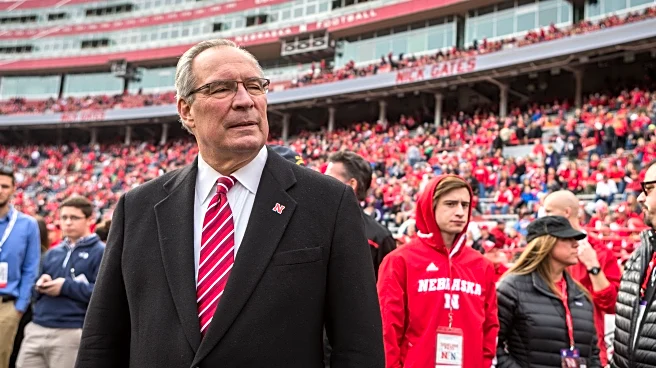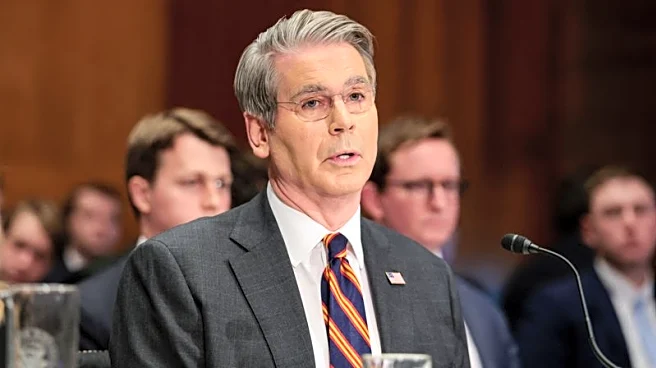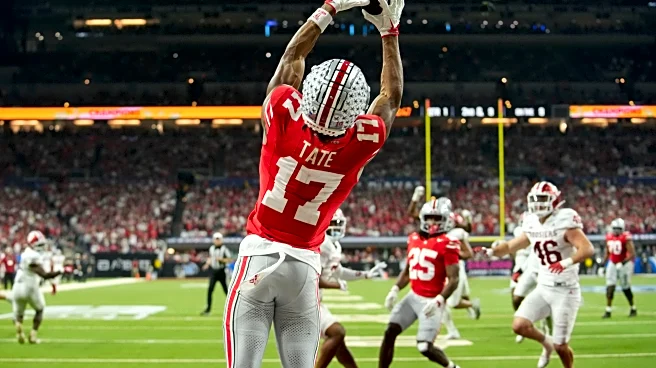What is the story about?
What's Happening?
The Pentagon has introduced new restrictions on journalists' access to information, requiring that all Defense Department information be approved for public release by an authorized official, even if unclassified. This move, announced in a memo sent to the Pentagon's in-house press corps, is part of new security requirements. Journalists who do not comply with these rules risk having their press credentials revoked. The memo also outlines that only authorized individuals with favorable eligibility determinations and signed non-disclosure agreements may access classified national security information. The new rules further restrict physical access for reporters, confining them to certain areas of the Pentagon and requiring escorts for entry into other parts of the building.
Why It's Important?
The new restrictions have sparked significant backlash from press associations and lawmakers, who argue that these measures undermine transparency and independent journalism. The National Press Club and the Society of Professional Journalists have condemned the rules as an assault on press freedom, suggesting they could lead to government censorship. Democratic lawmakers, including Sen. Jack Reed, have criticized the restrictions as an affront to free speech and an attempt to obscure the truth. These changes could impact the public's ability to receive independent reporting on military operations and defense spending, raising concerns about accountability and transparency within the U.S. military.
What's Next?
The implementation of these restrictions may lead to further legal and political challenges, as press associations and lawmakers continue to advocate for their reversal. The Trump administration may face increased pressure to rescind the measures, especially if public outcry grows. Additionally, journalists may seek alternative methods to access information and report on Pentagon activities, potentially leading to increased tension between the press and the government.
Beyond the Headlines
The restrictions reflect a broader trend of increasing government control over information dissemination, which could have long-term implications for democratic norms and the role of the press in holding power accountable. This development may also influence how other government agencies approach information security and press access, potentially leading to similar measures across different sectors.

















